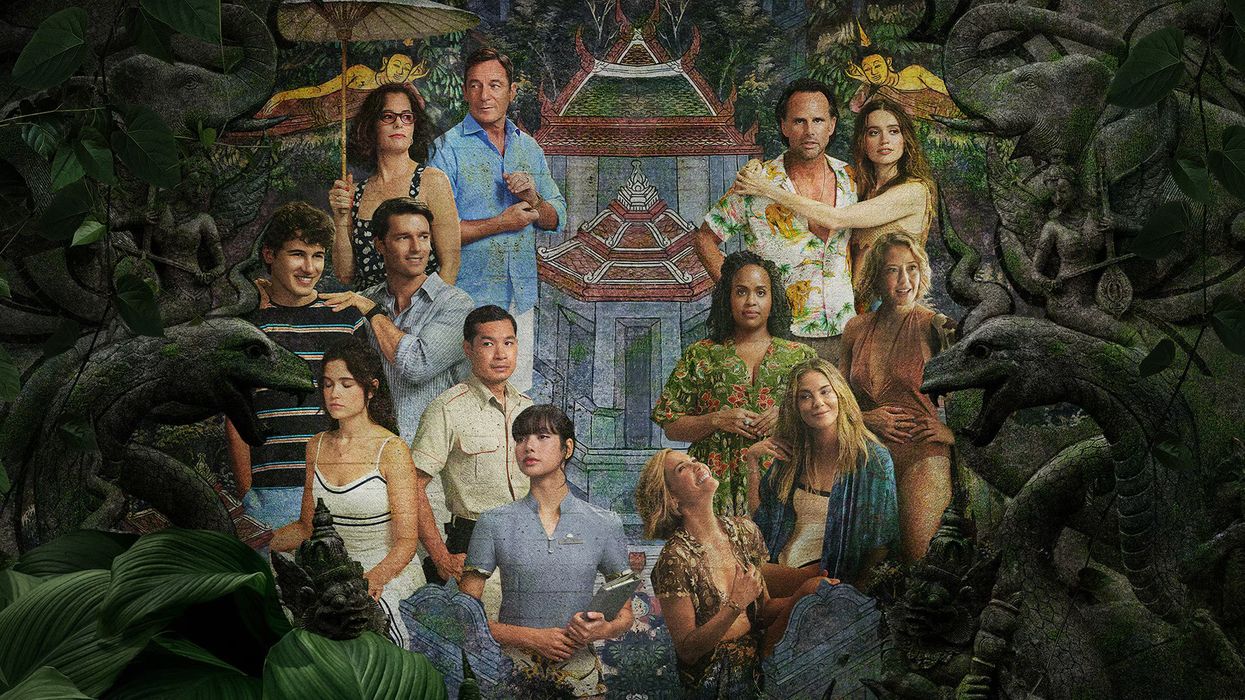The third season of The White Lotus may have just ended, but the buzz around the show isn’t just about plot twists or who didn’t survive the finale. It’s about money or more specifically, how everyone in the cast, from seasoned stars to first-time actors, gets paid exactly the same.
That’s right. Whether you’re a household name or a newcomer, once you’re cast in The White Lotus, your paycheque is identical to your co-stars’. Around $40,000 an episode so about £31,000 is what each cast member pockets, no matter how many awards they’ve won or followers they have online.
This equal pay setup wasn’t born out of idealism or protest. It started simply because there wasn’t much money to begin with. Back in season one, the show was made on a limited budget, reportedly under $4 million per episode. With tight resources, the team decided to level the playing field. Instead of negotiating different contracts, everyone was offered the same rate. Now, even with budgets climbing to $6–7 million per episode, they’ve stuck with it.
- YouTubewww.youtube.com
No special treatment even for the big names
Producer David Bernad explained that the flat pay rate, combined with listing actors alphabetically in credits, helps attract people who genuinely want to be part of the story and not just chase a big paycheque. “You’re getting people who want to do the project for the right reasons,” he said. “It’s not about ego or money.”
That doesn’t mean every actor is rushing to sign on. Casting director Meredith Tucker admitted that some turn down the show because they can’t afford to work for that amount. “And that’s okay,” she said. “You can’t hold it against people who need to earn a living.”
Even major Hollywood names haven’t been able to bend the rules. Woody Harrelson, originally lined up for a lead role in Season 3, reportedly tried to negotiate a higher salary by going directly to Warner Bros. Discovery CEO David Zaslav. The answer was still no. Harrelson eventually dropped out due to scheduling conflicts, and Walton Goggins took his place.
Famous faces, equal pay
Season three’s cast included actors like Michelle Monaghan, Jason Isaacs, Parker Posey, and even K-pop icon Lisa from Blackpink, making her acting debut. Despite her global fame and massive net worth, she was paid the same as everyone else.
It’s rare in an industry where A-listers usually command massive salaries while others scrape by. The White Lotus model is in fact a sharp contrast to that norm and while it might not work for every show, it sends a message. When the playing field is even, the focus shifts from hierarchy and money to the work itself.
Behind the scenes: Pressure to keep going
Creator Mike White is already feeling the heat from HBO to start season four. The network wants to keep the momentum going, but White admitted he hasn’t even been home in years, let alone had time to write new episodes.
Despite the chaos and the pay cap, Tucker said her phone has been ringing non-stop. Agents are already trying to get their clients into season four, even though nothing has been written yet. “Someone said they already had an audition,” she laughed. “What are these people talking about?”
So, what does this mean for TV?
The White Lotus is proving that you don’t need inflated salaries to attract talent, just a good script, a strong team, and a fresh approach. By removing salary negotiations from the equation, the show has managed to keep things fair and focused.
For Hollywood, a flat pay structure isn’t the standard not even close. But The White Lotus might just be showing that, in some cases, simpler is better. And maybe, just maybe, it’s not a bad idea to rethink how value is measured on a set.





